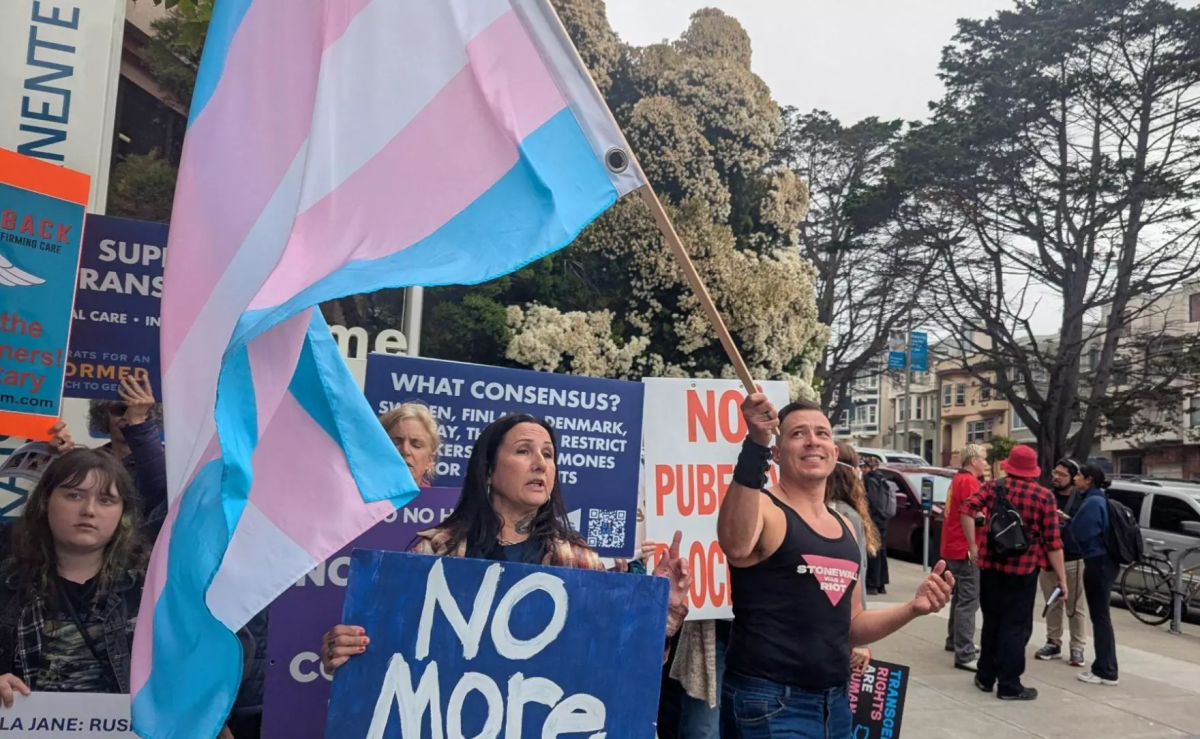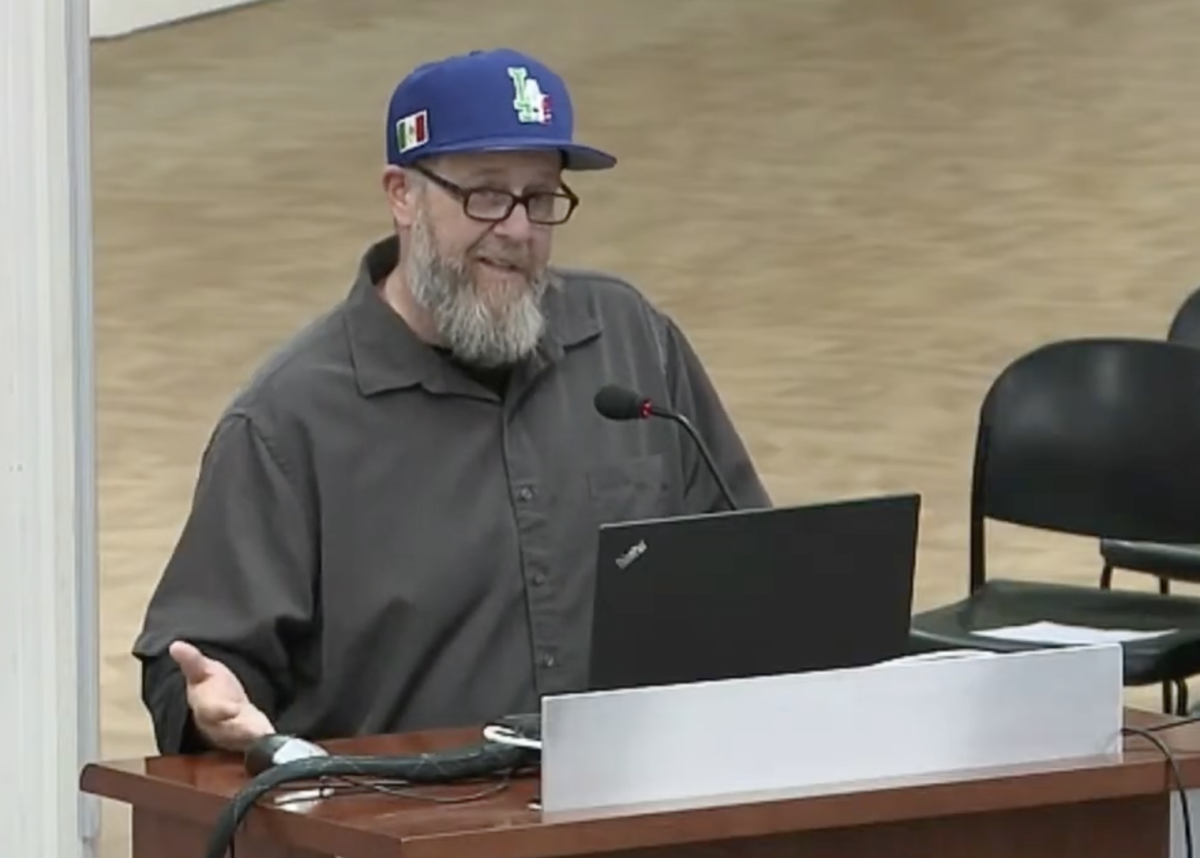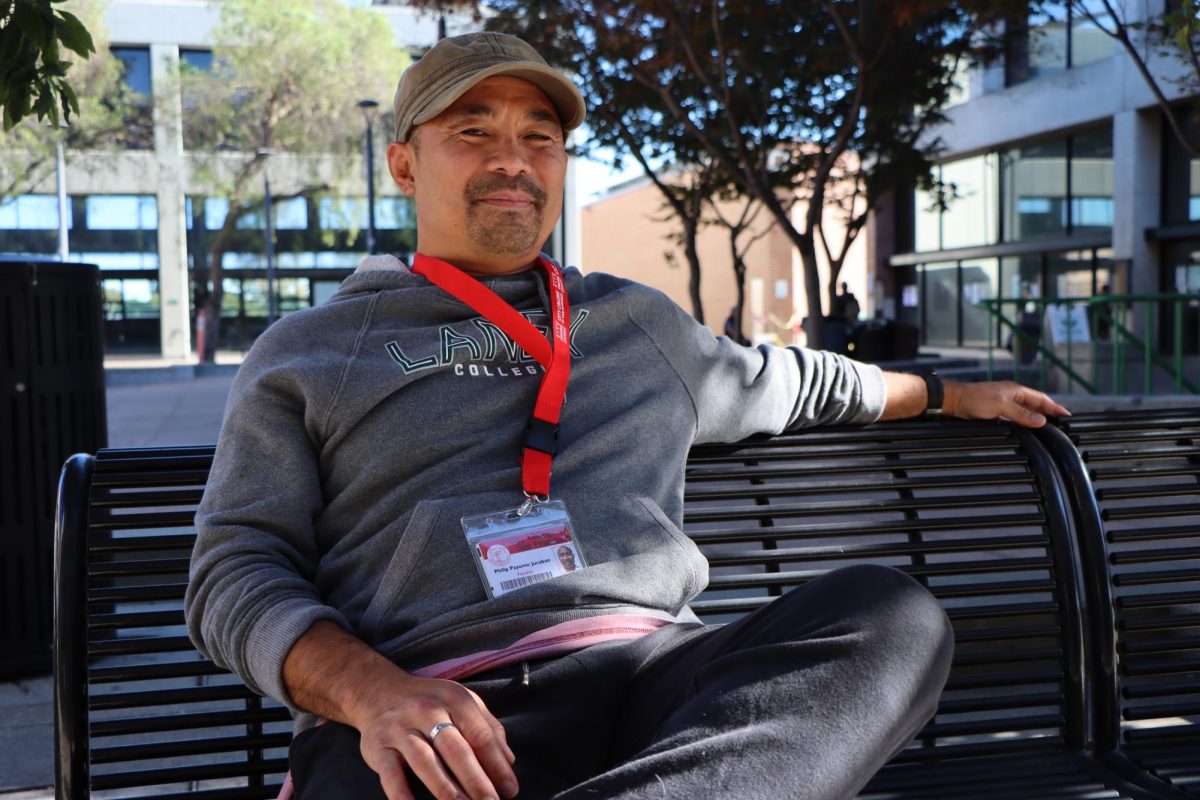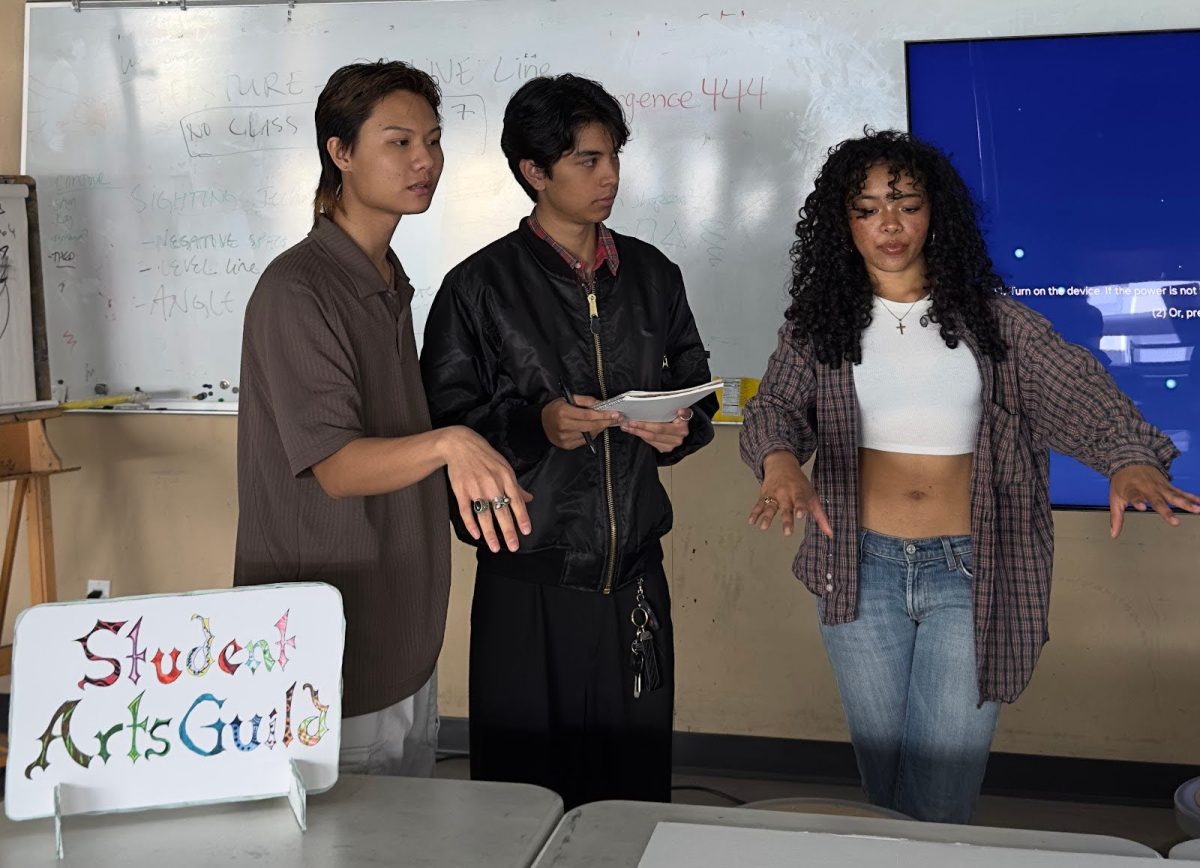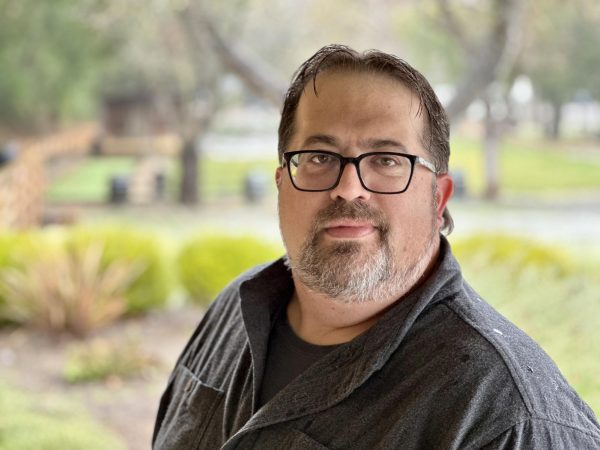The Peralta Community College Board of Trustees held a study session on Sept. 23 at Merritt College.
During the study session, representatives from each college in the district briefed the trustees on programs designed to support student success. Their presentation examined the efforts and results of programs like Umoja-UBAKA, Puente, and MESA, which focus on meeting the needs of students district-wide.
Public comment
Two speakers spoke during public comment prior to the presentation.
District Academic Senate president Leslie Blackie shared feedback from a series of “input and innovation” sessions she held with faculty following Chancellor Tammeil Gilkerson’s Road Show discussions on upcoming changes to the district structure.
Blackie shared concerns that she said faculty raised during those sessions, including “logistics and how changes will impact students [and] faculty,” as well as ”a perceived lack of transparency” and communication around new district processes.
“If we can’t do the easy things, like making sure that stakeholders are in the room making sure that people know what’s going to happen,” Blackie asked, “how are we going to do [the] more challenging work that the chancellor has laid out for us?”
Chris Grampp, the college’s landscape horticulture department chair, gave his appreciation to the board for their support of the horticulture department and career education programs.
Grampp explained that Merritt’s landscape architecture program is one of three in the state and leads directly to employment opportunities. “I think Merritt can be a real inspiration to students to move on with their careers regardless of what their field is,” he said.
Demographic data at the district
Following public comment, Laney College interim president Becky Opsata began the presentation with demographic data showing that Latinx, Asian and Black/African Americans made up about 70% of Peralta students during the 2023-2024 school year. Although the largest population in the district is the Latinx population, which increased by 31% over the 2022-23 enrollment, the percentage of Black students at Peralta is the largest of any district in the state according to Opsata’s data.
Opsata explained that student enrollment, financial aid, and success in completing their programs all factor into the funding levels for the district. The student support programs offered by the colleges offer services such as counseling, mentoring and language services which can help increase student success in these areas.
“We’re trying to engage and give students a sense of belonging and from that, help them meet their educational goals,” Opsata said. “A student who feels valued and focused is more likely to succeed than a student who does not.”
Student program leader showcase student success initiatives
College of Alameda (CoA) president Melanie Dixon prefaced the rest of the speakers by saying that “all of the programs that you’ll hear about this evening are really principles that are designed to serve any students, not just those by which are representing the community.”
CoA MESA director Ann Gonzalez was one of the program leaders who spoke during the presentation to the trustees.
Gonzalez discussed the need to establish a pipeline between local unified school districts and universities, explaining that academic support is key to building a relationship with students. MESA, or Mathematics, Engineering and Science, Achievement, uses student outreach, academic counseling and partnerships with universities and industry to create a path for students.
Gonzalez said that the program’s embedded tutoring programs help establish trust in struggling students and bring them “back in to get the support that they need.”
“If you want to change the outcome,” Gonzalez stated, “you have to change the experience.”
Berkeley City College president Denise Richardson illustrated that these support structures help retain students. She shared findings from the 2024-2025 year which showed 82% of Puente students continued on to the next semester compared to 62.9% of Latinx students not in Puente, with similar success in the other three Peralta colleges.
Richardson emphasized the efficacy of the cohort structure for students. “Going through the program together provides a sense of comfort and camaraderie that is really key to the success of many of our student groups,” she said.
Following the presentation, the trustees expressed their appreciation for the programs, but Board President Louis Quindlen, Trustee Cindi Napoli-Abella Reiss and Trustee Dyana Delfín Polk voiced concern over the elimination of diversity funding from the federal government and the effect this will have on program availability.
Chancellor Gilkerson acknowledged the budgetary challenges and stressed the importance of examining the programs comprehensively in order to “really fund those” that most effectively lead to “student success.”

